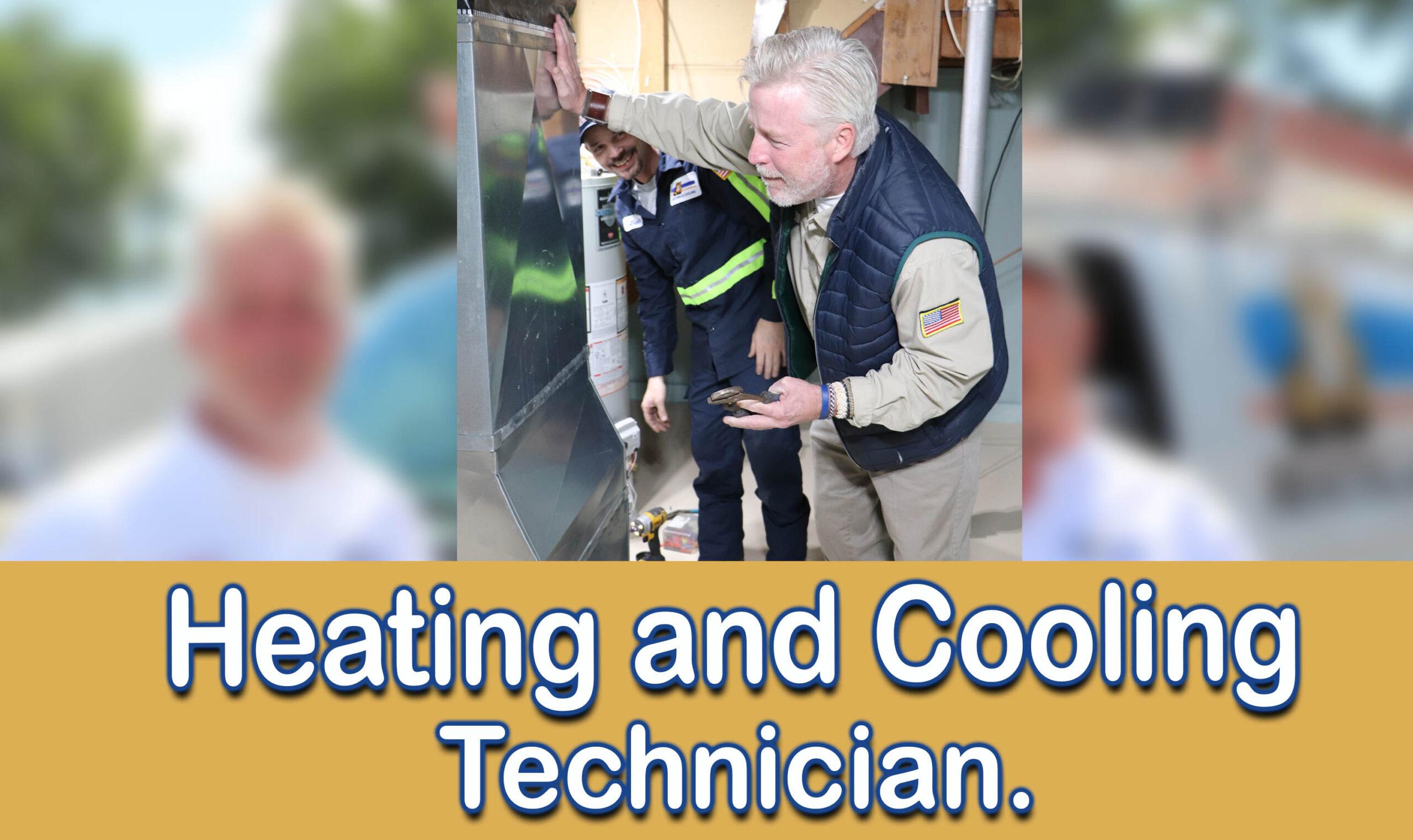Why are HVAC specialists in such demand? The explanation can be found in the fact that the HVAC sector is moving quickly and never stops looking for better, more efficient ways to function. Hence the need for a reliable heating and cooling technician. HVAC systems are now more affordable, effective, and ecologically friendly than ever before. Many HVAC systems today are Internet of Things (IoT)-connected, and computers handle autonomous temperature control and air quality responsibilities.
Heating and Cooling Technician in High Demand by Homeowners
HVAC specialists don’t appear to have much cause for anxiety, although workers in many professions are sweating over the possibility of being replaced by robots and automated processes. Here are a few reasons why the need for a heating and cooling technician will still be in great demand and always will be.
New Tech Needs Installation On-site
The numerous technological advancements in the HVAC industry mean that new ones always replace aging systems. Changes in laws, such as the ban on freon or the introduction of incentives for households to make environmental improvements, are responsible for some of the industry’s growth. However, necessity and advances in science frequently spur innovation in the HVAC sector.
When HVAC technology advances, someone needs to install the new system and help households and businesses replace their outdated systems; this requires the expertise of an HVAC specialist around you. When installing a new system, even the handiest person will want the assistance of an HVAC specialist.
Trained Specialists Are Needed for Smarter Systems
The sophistication of modern HVAC systems increases along with the value of specialists’ experience and specialized training. Complex HVAC systems and the parts that make them up nowadays require technically proficient and flexible technicians.
This is largely attributable to HVAC systems’ growing IoT integration into the digital environment. Smart HVAC systems automate temperature regulation for our homes and buildings using technologies like sensors and timers; their setup and upkeep require the labor of software experts and tech-savvy workers.
HVAC specialists today require knowledge of the electronics and networks connected to contemporary systems and the tools in their actual toolbelts for installation and maintenance.
It Still Looks Good
In the end, Americans desire to appear cool. For the foreseeable future, there will be a continual supply of job opportunities for individuals who design, install, and maintain HVAC systems due to the continued need for pleasant homes and workplaces.
Artificial intelligence (AI) and other technological developments may make HVAC professionals’ work more efficient, but they are not expected to replace the need for a human technician completely. Because of their capacity to evaluate each system’s special circumstances and choose the best course of action, HVAC technicians are expected to remain in high demand.
Conclusion
The most effective HVAC technicians have evolved with the times, bringing to the table a firm grasp of HVAC mechanics while actively seeking out training opportunities to stay abreast of emerging trends. Current heating and cooling technician won’t be replaced by a robot anytime soon. However, if they don’t pursue further education, they risk falling behind more technologically proficient colleagues. Above all, HVAC technicians must be adaptable and eager to learn to stay up with the always-changing business. Over the next ten years, the area will continue to expand, and those who can adapt to new technology and possess a knowledge of the physical hardware that makes these systems work will succeed.



